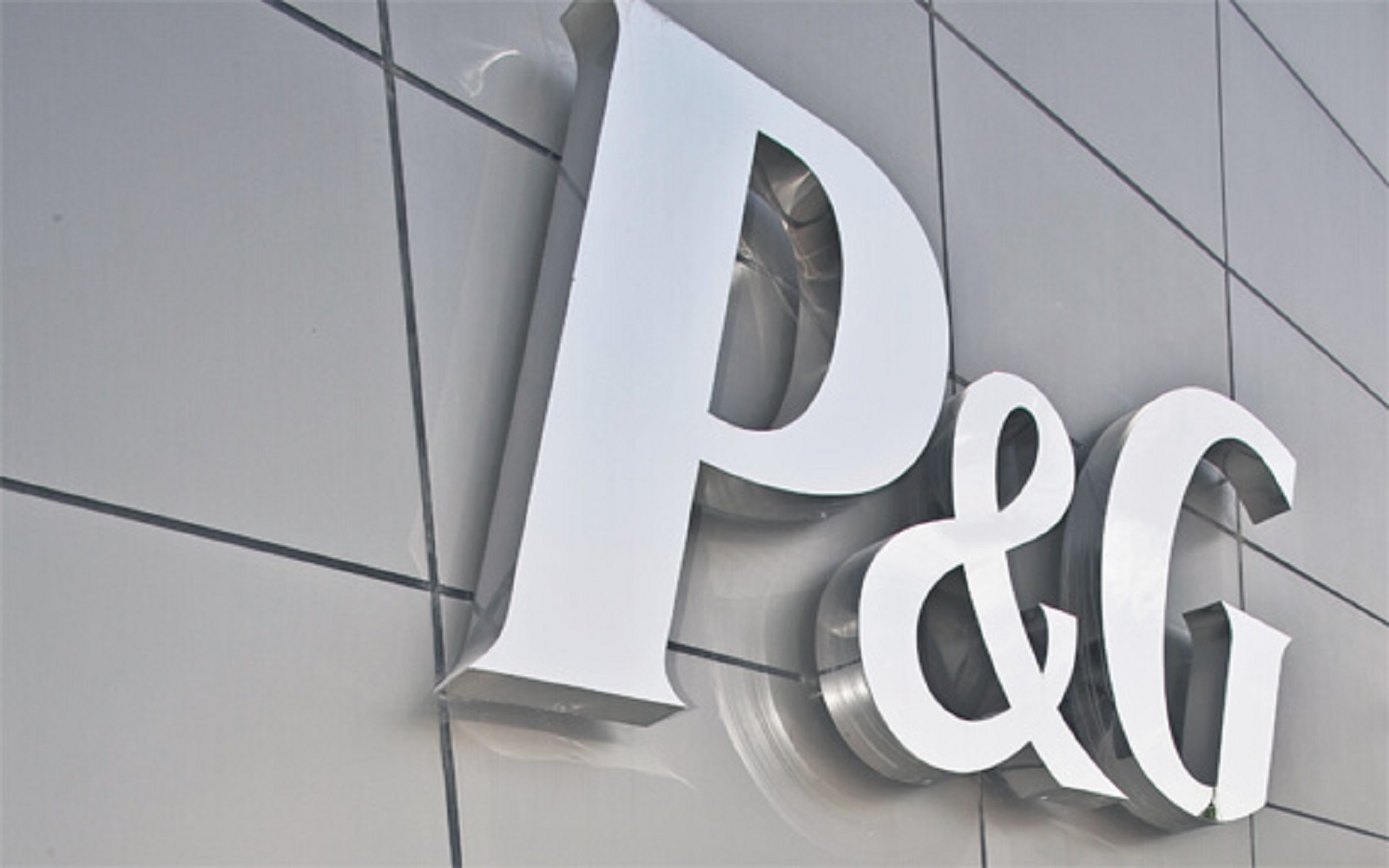The competition in Nigeria’s diapers industry is set to ease up as one of the industry’s strongest competitors, Procter & Gamble (P&G) is in the process of shutting down its multi-billion naira plant located in Agbara, Ogun State.
This development is coming barely one year after the leading American fast-moving consumer goods (FMCG) leader decided to expand into the Nigerian market.
As we reported, Procter & Gamble last year (June) commissioned the production facility after spending the whopping sum of $300 million to construct it. The state of the art production plant sits on some 40.2 hectares of land; producing diapers and a range of sanitary pads, including the notable Always brand.
Note that even though Procter & Gamble has yet to issue any official statement regarding the shutdown speculations, sources close to the situation confirmed that it is happening, even as some 120 employees are gradually being laid off in preparation for the eventual closedown.
“About 30 staff will be left who may either be outsourced or deployed to our only remaining plant in Nigeria.” – Anonymous Source
A curiously surprising development
This is a surprising development considering that nobody saw it coming. Asides the fact that P&G had splashed millions of dollars on this project, the company was also at a more advantageous position to compete in a market where the demand for diapers is huge.
Everybody seemed to have high hopes in P&G’s full expansion into Nigeria. Even the country’s Vice President, Professor Yemi Osinbanjo, had expressed delight in the project following its commissioning, while also expressing optimism that the multinational would help transform the FMCG sector. It, therefore, raises questions why the impending shutdown is even happening.
Interestingly, it turns out that Procter & Gamble has struggled to break even over the past one year due to challenges ranging from government regulations, stiff competition, and inadequate access to raw materials. Not long ago, a top management official of the company lamented that:
“it is so expensive to import these raw materials which are not produced in Nigeria. Other companies take the shortcut by maneuvering the system, but we cannot.”
A look at competition in the diapers industry and how it affected P&G
As stated above, one of the major challenges that is forcing P&G out of business is competition. There are currently more than a dozen brands of diapers and sanitary pads in the country, including Pampers, Molfix, Always, Nice Baby, Angel, Dry Love, Huggies, etc.
Recall that Nairametrics‘ previous research into the prevailing competition in the pampers industry found that Hayat Kimya Group, makers of Molfix, is leading the market with 44% market share.
Procter & Gamble came in second with 37.3% market share, with the rest of the brands were however relegated to a little corner in the market where they now share 18.4% market share.
Much like P&G, Hayat Kimya Group last commissioned a $100 million production plant in Agbara which still operates.
Now in view of P&G’s impending divestment moves, Hayat Kimya Group is at a greater advantage of taking over greater position of the market share.
Procter & Gamble is a multinational company with operations in at least 180 countries around the world. Its fast and moving (FMCG) products include toothpastes, detergents, shaving stocks, etc.












This is very bad news, a company in over 180 countries failing in Nigeria, it doesn’t say good about us.
It’s like saying BBM folded up because of Nigeria. Pampers has been existing due to lack of competition. The diapers is rubbish and leaks, people were only buying because they could not afford foreign diapers. Molfix changed all that because its excellent quality yet cheaper than pampers. Molfix and Pampers are not mates at all quality-wise and no mother whose child does not react to molfix will use pampers. Check nairaland thread for new mothers and see complaints about pampers, yet the company’s customer care refused to react. I’m loving the competition, we need more of this to counter medicrity.
I am suprised that all those problems were not put into consideration before that lump sum was invested,Knowing that the raworld materials were not made in Nigeria.